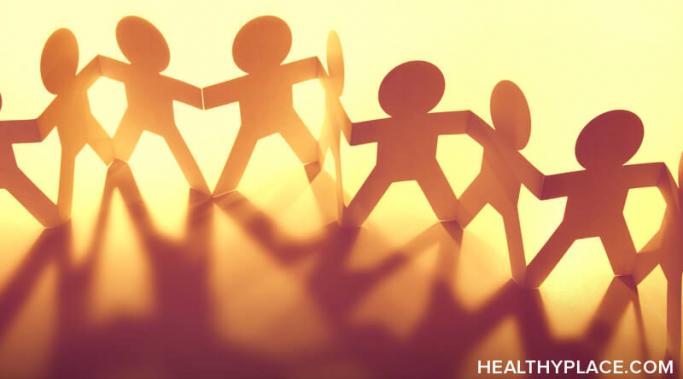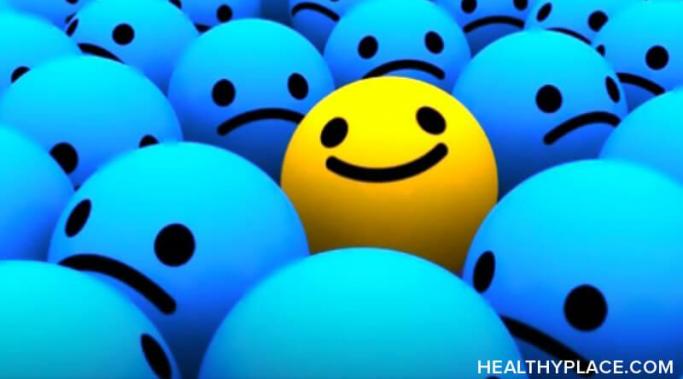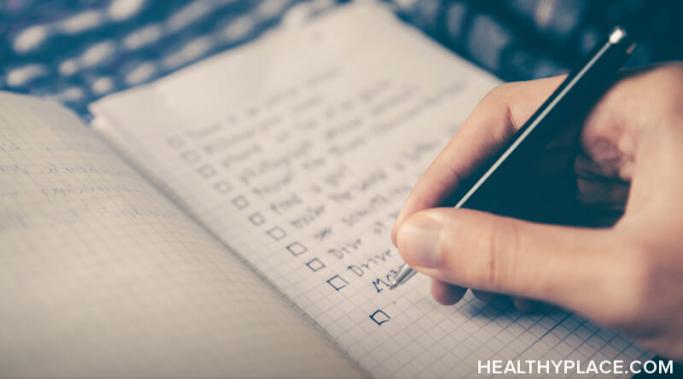It's that time of year where we all try and remember the importance of gratitude, so I want to take a moment to reflect on why I'm so grateful for the recovery progress I've made in the last year. Recovery is never a linear process, which means I've had my share of backslides, but I've also taken several important steps forward, and that should be celebrated.
Recovery Videos
It might seem pessimistic to plan on having postpartum depression, but if it's something you're nervous about, it's best to be prepared with a postpartum depression support plan.
Do you need some mental health encouragement? Watch this video.
Remembering my medication at this point in my life and mental health recovery is very important. I accept that I need psychiatric medication to function. That can be a hard thing to admit sometimes. I'm at a place where I have a lot going on in my life and I feel it would fall apart if I didn't take my medication. Long story short -- my medication is extremely important.
Mental illnesses are devastating. Even when the dust settles after your initial diagnosis, it's hard to see how there can be anything positive about mental illness. However, recovery is full of surprises.
The bullet journal is one of the best planners for people living with a mental illness, and I'll tell you why. Organization can be an incredibly important part of mental health recovery, and one of the best organizational systems for those of us with mental illness is the bullet journal. Basically, a bullet journal is a planner you create yourself using a blank notebook. This system allows for all kinds of organizational techniques, from the most colorful creativity to the most bare-bones minimalism.
Having a baby affected my mental health recovery. I knew when my daughter was born three years ago that my life would never be the same. I had lots of support, but I still wasn't sure how having a baby would affect my recovery from schizoaffective disorder.
It's really okay to be lazy sometimes. Many of us with mental illness have been called lazy at one time or another due to the symptoms of our mental illness. When people don't understand our symptoms, they often try to shame us into simply not being mentally ill anymore by saying we're just being lazy or aren't trying hard enough. "Lazy" then transforms from a simple descriptive word to a powerful tool of shame. "Lazy" becomes the worst thing we could possibly be, and many of us avoid it at any cost. But the truth is, those of us with mental illness can be just as lazy as anybody else.
A few months ago I underwent eye muscle surgery to better align my eyes. This is a problem I have struggled with since birth, so it really gave my confidence a boost to look in the mirror and see straight eyes. The surgery was elective and something I really had to ask for.
It's important to manage expectations in recovery because you don't want to strive for the impossible goal of simply not having a mental illness anymore. The truth is, recovery just doesn't work that way. The vast majority of us can't get rid of our mental illness entirely, but we can find ways to cope with it and reduce its impact on our lives. Recovery is about working with your brain to live the most functional, enjoyable life possible.









